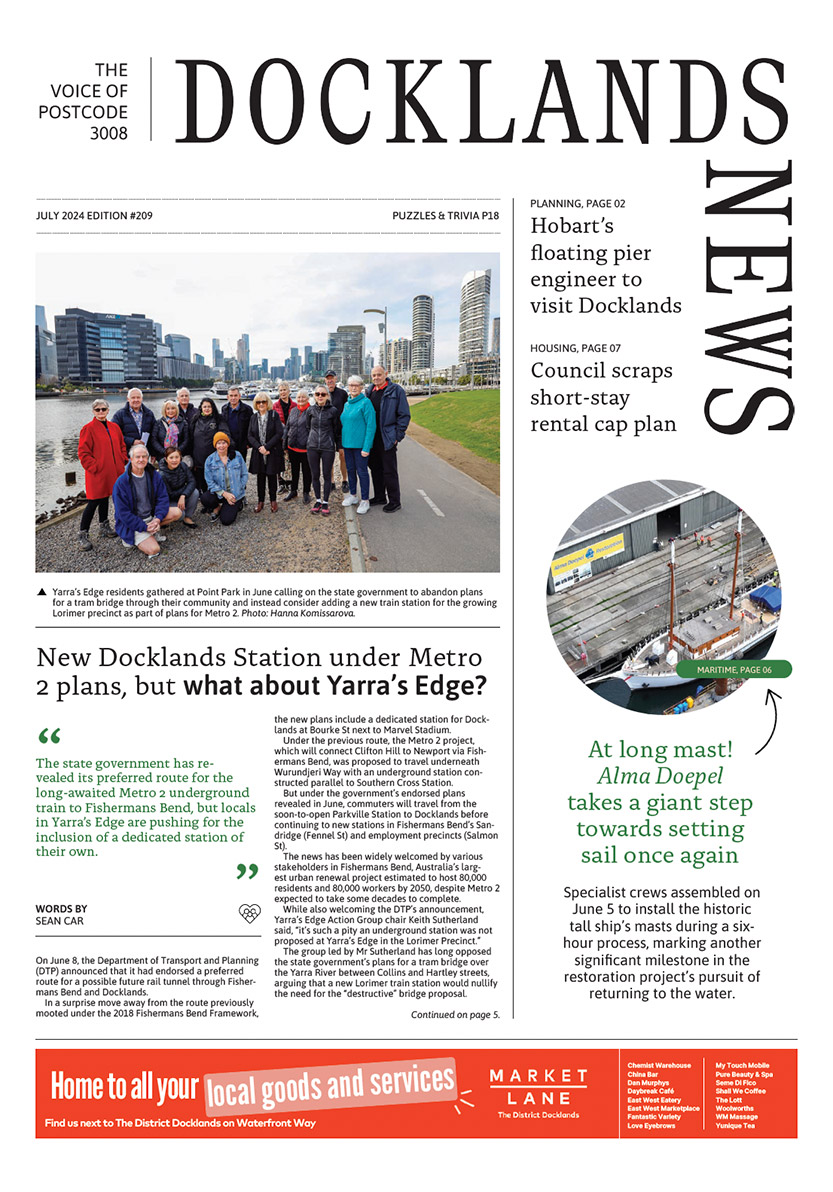Setting SMART goals for 2020
Adam Plausinaitis - Physiotherapist: Docklands Health,
It’s that time of year again. Many of us start to think about aspects of our lives we’d like to change. What’s on your list? Get fit? Lose weight? Drink less?
According to a US News & World Report, by the time February rolls around, 80 per cent of us will have failed to keep our resolutions. Why is this?
According to research, it’s because our goals are often unclear, unrealistic, and not truly aligned with what we want out of life. Sometimes we are not ready for the changes we think we want to make. A well-worn path to failure is making resolutions in order to please other people. You must really want it for yourself!
As a physiotherapist I sometimes encounter patients who come into the practice and want to change everything. Posture, diet, fitness, weight, stress, sleep … the list can be quite lengthy. Unfortunately, without proper guidance and assistance with goal setting, they tend to burn out on their endeavours within a month or two. Why? It’s quite simple. We take on too much and soon become overwhelmed. It becomes an all or nothing situation that more often than not, ends up with nothing. Unrealistic goals set an individual up for failure.
Here are a few tips that can help you kick goals in 2020 – and be proud of yourself when 2021 rolls around.
Goals need to be SMART: Specific, Measurable, Achievable, Relevant, and Time-Limited. When thinking about a resolution for the new year, be specific about what you want to change. Let’s use weight loss as an example. “I want to lose weight” is a broad goal that lacks all the necessary components of a SMART goal. Let’s take this broad goal and make it SMART!
Specific: “To increase my health, mood, wellbeing, and energy levels, I want to lose five kilograms in five weeks. I will do this by modifying my diet and increasing my physical activity. I will do this with the help of a dietitian, physiotherapist, and GP.” Be as specific as possible.
Measurable: Weight loss can be measured. Your food intake can be assessed and structured by a dietitian. Recommended physical activity levels can be set by a physiotherapist. When you can measure different aspects of your goal and record them along the way, you’re more likely to stay motivated to see it through to the end. You will see how small increments of change begin to add up.
Achievable: Setting several smaller incremental goals often works best as we feel good when we achieve a goal. If you want to lose 50kg, start by aiming to lose 5kg, then 10kg, then 15kg etc.
Relevant: Make sure the goal is relevant to you. If you are choosing a goal, ask yourself why you want to make that change. Is it for yourself? Will it result in a direct benefit to you? Or are you doing it to please someone else?
Time-Limited: Most people work better with a deadline. Giving yourself a realistic time frame of five weeks is a great way to create accountability and gives a deadline that is not too far off into the future.
Even though we are heading into the silly season, there’s no reason why you shouldn’t start off 2020 by being SMART!
Docklands Health would like to wish all of our patients, fellow residents and readers a wonderful Christmas season and an active and healthy New Year!

Neighbourhood Watch and RACV launch apartment crime prevention program








 Download the Latest Edition
Download the Latest Edition